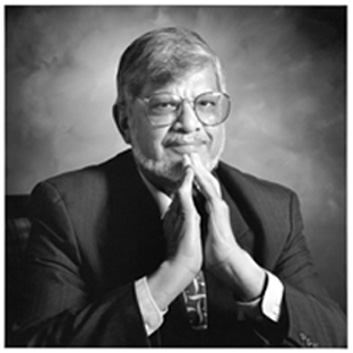 We want to create world peace. But peace is not merely the absence of war. There is so much internal strife and that prejudice feeds into the national aspect. We have to change ourselves if we want to change the world. – Arun Manilal Gandhi
We want to create world peace. But peace is not merely the absence of war. There is so much internal strife and that prejudice feeds into the national aspect. We have to change ourselves if we want to change the world. – Arun Manilal Gandhi
I love the channels at the end of the satellite spectrum, the public access and noncommercial ones. That’s where I find some real treasures. Today’s treasure was the wisdom of Arun Manilal Gandhi, courtesy of an address made at BYU on 23 March 1999, broadcast on KBYU, 8AM on a Saturday morning. He taught about controlling anger and controlling violence not only against other people, but also violence against the world. When you consider the violence contained in the disposal of a usable pencil, and the nonviolence in picking up the disposed pencil for more use, you will see part of the lessons he taught.
He discussed keeping an anger journal. He said it would be useful if one kept it in order to control anger and to change its ability to control us. This sounds like something I’d like to take up. If we hold ourselves to account for our violence, we will want to naturally reduce our debts in that area.
We would also want to do that to be a better example to others. The healing the world needs begins first in our own hearts. Whether Gandhi or Jesus says it, it’s still true.
Anything done through fear will not last. Anything done through love will last forever. – Arun Manilal Gandhi